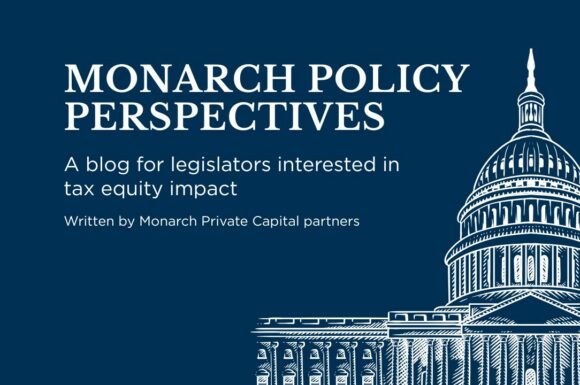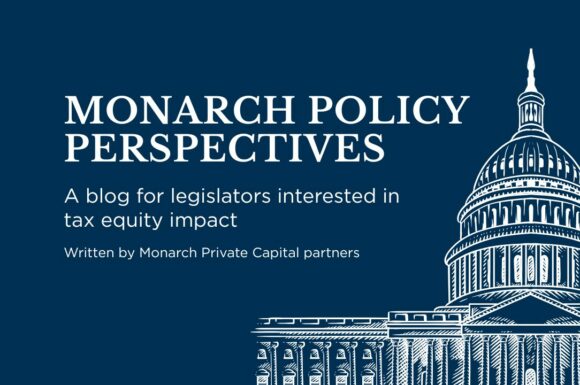NC Chamber – Taxpayers Win Major Victory in North Carolina Renewable Energy Tax Credit Dispute
by Ray Starling, President, NC Chamber Legal Institute
On April 3, 2023, the North Carolina Business Court issued a decisive victory for taxpayers in a long-running dispute with the North Carolina Department of Revenue over the state’s now-expired renewable energy tax credit program. The program was intended to encourage investment in North Carolina renewable energy projects. The Department originally supported the program, but after the program expired in 2017, the Department tried to claw back hundreds of millions of dollars in credits from taxpayers who had invested in renewable energy in response to the legislature’s incentives. The Chamber has watched these cases closely, and written about them here.
The taxpayer with the first dispute to reach the Business Court was the North Carolina Farm Bureau Mutual Insurance Company. The Chamber Legal Institute filed an amicus brief with the Business Court in the Farm Bureau case to protest the Department’s about-face and disregard of the legislature’s intent.
The tax credit program offered a credit equal to 35% of the cost of purchasing, leasing, or constructing renewable energy property. The tax credit statute specifically contemplated that a partnership could generate credits by constructing renewable energy property and pass the credits through to its partners. The credits were essential to attracting capital to projects that otherwise would not have made economic sense to investors. Project sponsors therefore worked with professional syndicators to find investors interested in the credits and pool them into partnerships that would then invest in the projects.
In its audits, the Department claimed the tax credit investors were not “bona fide partners” in their partnerships because they didn’t expect significant economic returns beyond the tax credits the projects would generate and because the investments were relatively low risk. In addition, the Department argued that even if the investors were true partners, they did not receive their credits through partnership allocations as the tax credit statute required but through improper “disguised sales.” The Department relied entirely on federal tax law to support its theories.
Business Court Judge Adam Conrad heard the Farm Bureau case on September 30, 2021, and released his decision in favor of the taxpayer on April 3, 2023.
Related Posts

HR 1 Undermines U.S. National Security and Traditional Republican Energy Policy
May 27, 2025
By George L. Strobel II In an age defined by technological competition, particularly in artificial intelligence (AI), the United States cannot afford to neglect the foundational pillars of national power: […]

Misinformation Rampant About Cause of Spanish GRID Blackout: Cause is Now Known
May 26, 2025
By George L. Strobel II In the wake of last month’s massive blackout that disrupted power across Spain, Portugal, and parts of southern France for more than twelve hours, speculation […]

Thomas Barnes Joins Monarch Private Capital’s #BestInClass Renewable Energy Team
Apr 24, 2025
Seasoned legal and transaction management professional brings deep experience in renewable energy investments to support Monarch’s growing clean energy portfolio. ATLANTA (GLOBE NEWSWIRE) – Monarch Private Capital (Monarch), a nationally […]